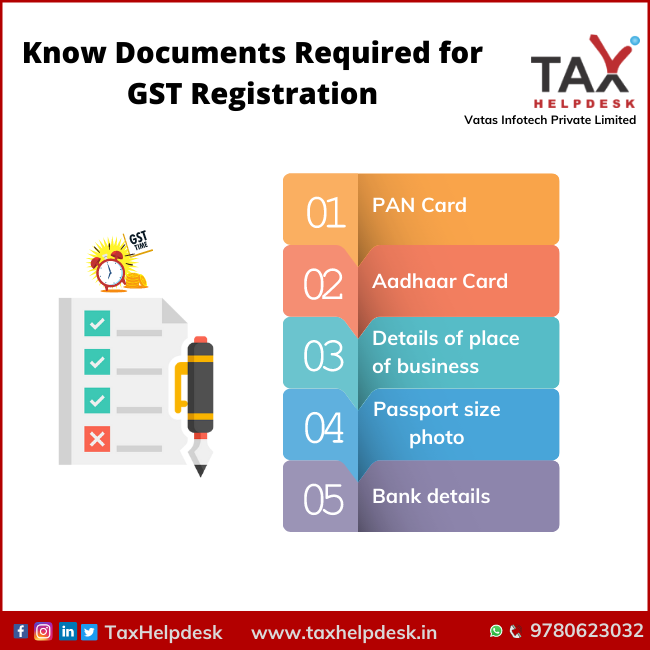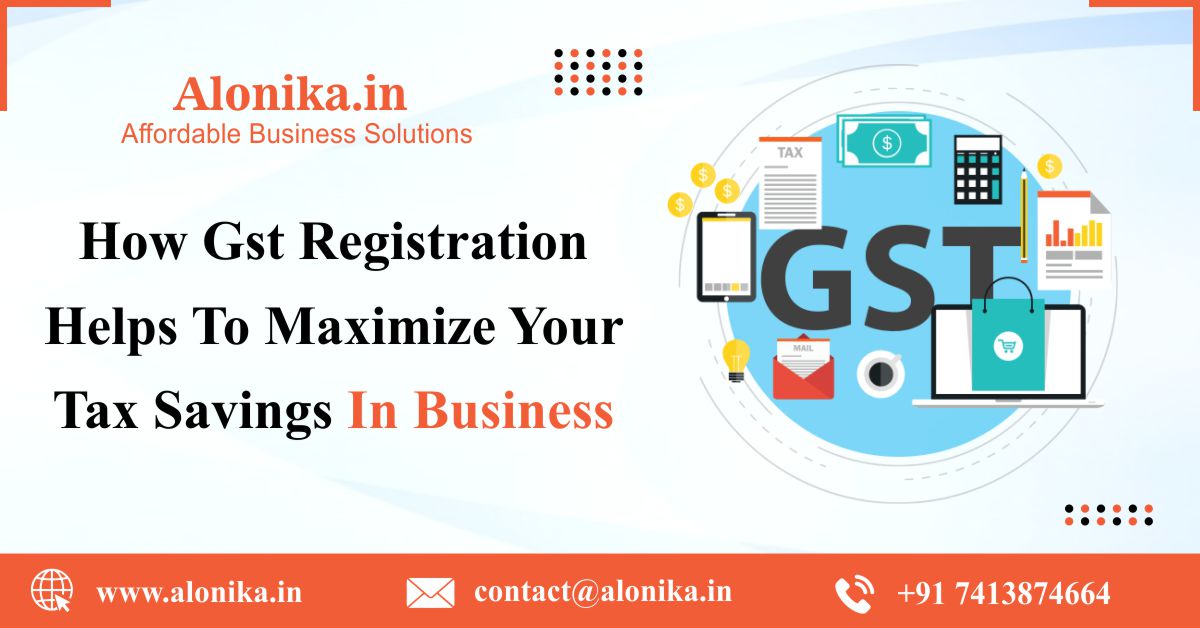Comprehensive Guide to the very best GST Registration Services in Singapore
Throughout: The Ultimate Roadmap to GST Registration for Businesses Looking For Financial Security
Navigating the complexities of Item and Services Tax Obligation (GST) enrollment is an essential action for companies striving for monetary security. From comprehending the essential principles of GST to adhering to post-registration standards, the process can appear intimidating at first glance. Nevertheless, breaking down the roadmap into convenient actions can enhance the registration journey for services aiming to improve their economic standing. Allow's explore the important parts that comprise this ultimate roadmap and uncover exactly how each phase adds to laying a solid foundation for economic success.
Recognizing GST Fundamentals
Digging into the essential concepts of Goods and Services Tax (GST) is crucial for getting a thorough understanding of its ramifications on businesses and the economic situation. Input Tax Credit Report (ITC) is a significant function of GST, allowing organizations to claim credit for tax obligations paid on inputs, decreasing the general tax obligation problem. Understanding the fundamentals of GST is critical for organizations to comply with tax policies, handle their finances efficiently, and add to the nation's economic development by participating in a transparent tax system.
Eligibility Standards for Enrollment
To register for GST, businesses should meet specific eligibility standards developed by the federal government. The primary eligibility need is that any type of business entailed in the supply of products or services with a yearly accumulation turn over over the threshold limit established by the authorities have to register for GST. As of the existing policies, the threshold restriction for GST enrollment is a yearly accumulation turnover of 40 lakhs for services running within a state, besides unique group states where the limitation is 20 lakhs. In addition, specific organizations are needed to sign up for GST regardless of their turn over, such as interstate vendors, casual taxable persons, and companies responsible to pay tax under the reverse cost device. It is important for organizations to extensively assess their turnover and transaction kinds to identify their GST registration responsibilities properly. Failing to register for GST when eligible can result in fines and lawful repercussions, making it essential for businesses to abide by the specified qualification criteria.
Files Required for Registration
Having satisfied the qualification standards for GST registration, organizations should currently guarantee they have the requisite records in area to wage the registration procedure efficiently. Our site The documents needed for GST registration generally consist of proof of organization constitution, such as partnership act, registration certificate, or incorporation certificate for different types of organizations. Furthermore, businesses need to give documents developing the major business, such as a rental arrangement or power bill. PAN card of the service, along with the identification and address evidence of promoters/partners/directors, are important for confirmation objectives. Checking account statements, together with canceled cheques or a duplicate of the bank passbook, are required to verify the financial information provided during enrollment. Furthermore, companies need to have electronic trademarks ready for the licensed notary. Ensuring all these documents are arranged and conveniently offered will quicken the GST enrollment process, enabling businesses to follow tax obligation guidelines effortlessly.
Step-by-Step Registration Process
Commencing the GST enrollment process includes a series of organized actions to guarantee a seamless and compliant registration for organizations. The very first her explanation step is to check out the GST site and fill up out the enrollment kind with exact details of the company entity. Following this, the applicant receives a Short-term Referral Number (TRN) which is utilized to resume the application procedure if it's not completed in one go.
Next, all needed records based on the checklist given by the GST portal requirement to be published. These records usually include proof of service identity, address and enrollment proofs of promoters, economic statements, and business entity's frying pan card.

Post-Registration Compliance Standards

Conclusion
To conclude, companies seeking economic security has to understand the essentials of GST, fulfill eligibility criteria, collect required files, comply with the step-by-step registration process, and adhere to post-registration standards - Best GST registration services in Singapore. By adhering to these steps, organizations can guarantee conformity with tax obligation laws and maintain monetary security in the lengthy run
Additionally, particular companies are needed to register for GST irrespective of their turn over, such as interstate providers, casual taxed persons, and organizations responsible to pay tax under the reverse cost device.Having actually satisfied the eligibility standards for GST registration, services should currently guarantee they have the requisite documents in place to proceed with the registration procedure effectively. The records needed for GST enrollment usually include proof of service constitution, such as partnership action, registration certificate, or incorporation certificate for different types of organizations. Additionally, companies require to give papers establishing the major area of business, such as a rental arrangement or electricity bill.Starting the GST registration process includes a collection of organized steps to ensure a smooth and certified enrollment for services.